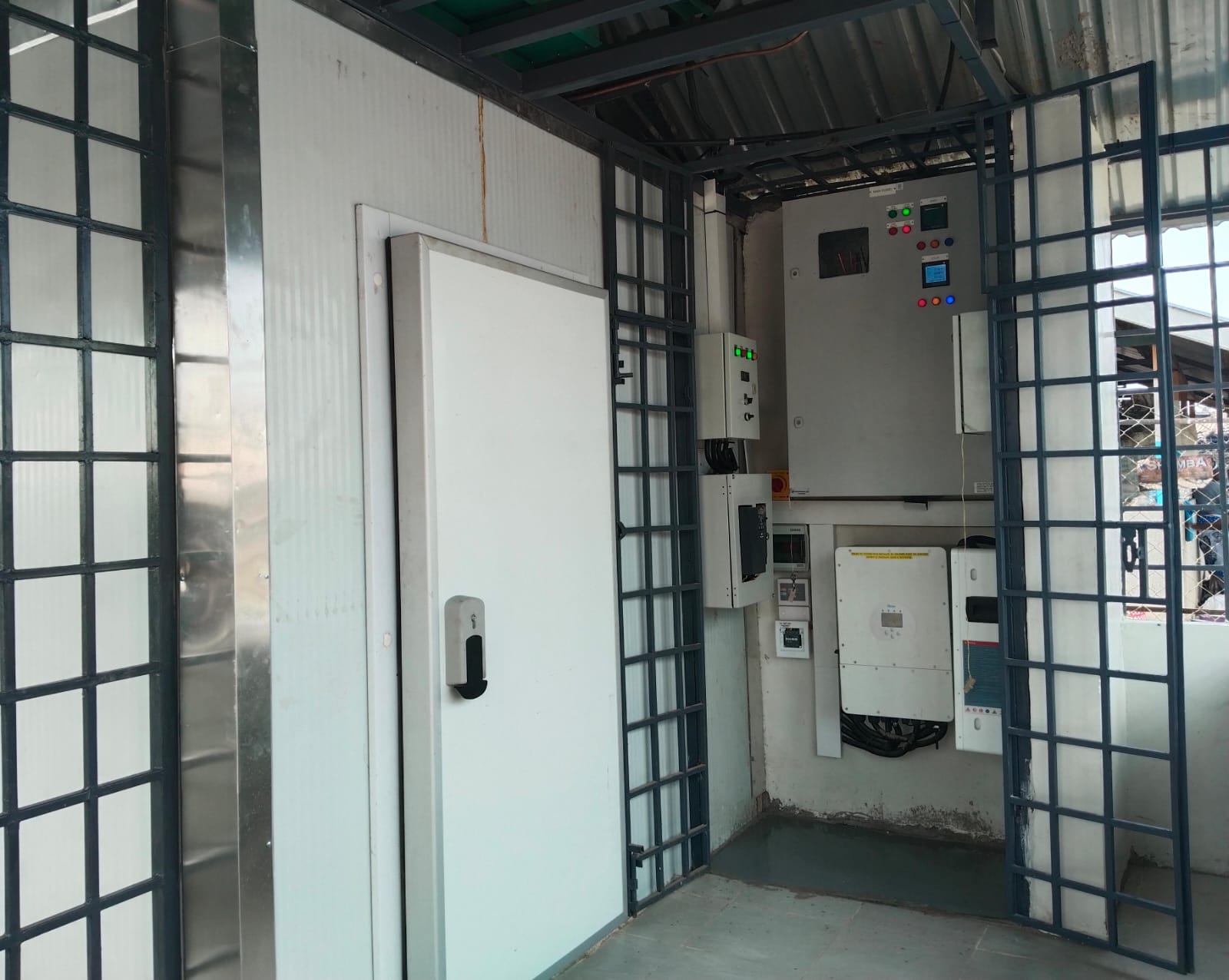
More than 200 fish vendors at Obunga (Pap Mbuta) Market in Kisumu county are set to benefit from a Sh 7.2 million new cold room facility.
The facility seeks to boost food safety and improve income sustainability for informal traders.
The facility, built under the EU-funded Afrifood links project, was unveiled by the African Population and Health Research Center in partnership with the county government and Jaramogi Oginga Odinga University of Science and Technology.
The initiative seeks to reduce food spoilage, improve public health and strengthening local food systems through research-driven, community-informed solutions.
The APHRC research said three-quarters of vendors, about 75 per cent, had no access to cooling facilities.
“This cold room directly responds to those needs and will make a tangible difference for traders, especially those handling fish by-products such as mgongo wazi,” Dr Beatrice Kiage, a research scientist at APHRC said.
Obunga market has for a long time lacked proper storage infrastructure, posing significant risks to food quality, vendor income and consumer health.
The cold room is expected to reduce post-harvest losses, extend shelf life and increase profits while minimising contamination risks.
“This cold room is not just infrastructure, it's evidence in action,” Elizabeth Kimani, a researcher at APHRC said.
“It shows what can happen when research, community voices and policy align to build healthier, more resilient urban food systems.”
City manager Abala Wanga praised the project as a critical intervention for informal markets and pledged continued collaboration to improve food infrastructure.
“We thank the Afrifood links team for identifying Obunga as a priority site,” he said.
Wanga said the cold room will go a long way in improving the quality and safety of food in the market.
“While more infrastructure and better urban planning are still needed, this marks a strong step forward.”
Sarah Awiti Amollo, a fishmonger said the facility is a welcome relief after years of challenges.
"We are very happy with this initiative. We have been asking for such a facility for many years”.
She said before, they suffered huge losses because they didn’t have a proper way to preserve fish.
“ It was also difficult to transport large quantities. Things got even worse after we were relocated from our previous site. This cold room gives us new hope," she said.
The launch is part of the broader Afrifoodlinks initiative, which seeks to enhance food and nutrition security in African cities while delivering climate-smart, environmentally sustainable outcomes.
Funded by the EU, the project is being implemented across several African countries, using research insights to inform practical urban food policy and systems change.
The Kisumu cold room now stands as a model for integrating academic research with grassroots needs—offering not just storage, but security, dignity, and economic opportunity for small-scale vendors.
Instant Analysis
The new cold room facility in a major boost to food safety, hygiene, and income sustainability for informal traders.Its expected to reduce post-harvest losses, extend shelf life, and enable traders to increase their profits while minimizing contamination risks.











